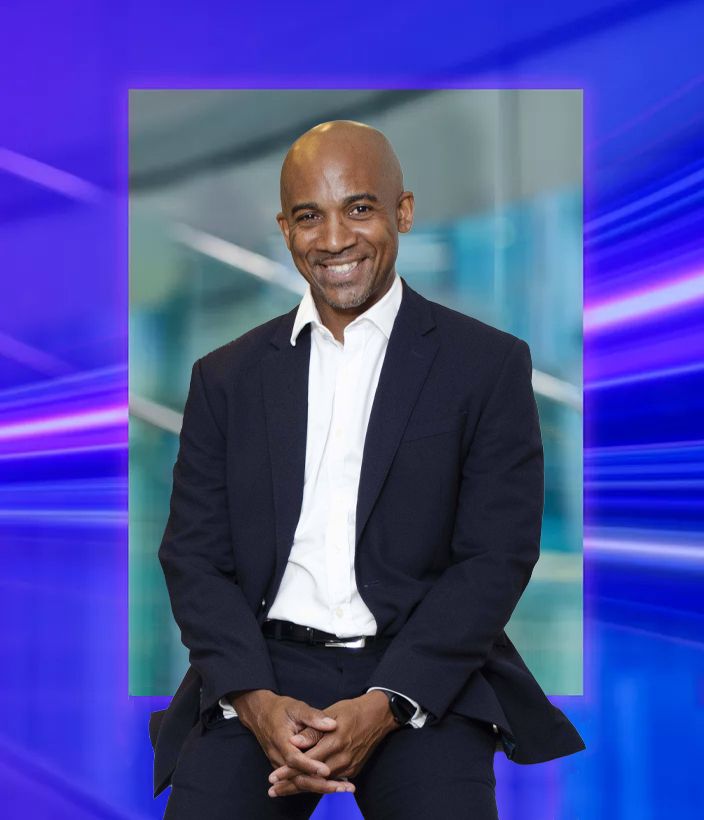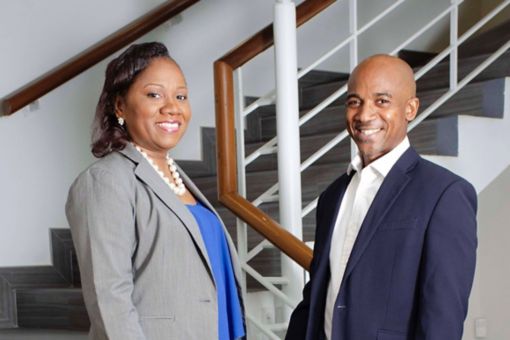Make the difference hub › Christopher Brome
“Business transformation must be done in a manner that considers the various constituents. The change has to be managed carefully and with empathy. If this is not the case, the transformation can have unintended consequences that may pose further challenges.”
Discover why Chris believes that it is imperative for organizations to create value for all stakeholders.


Explain your role and what you love most about your work?
As head of deal advisory for Caricom, my role is to help clients realize the best value from their transactions through robust due diligence, valuations, and structuring. I also lead our Infrastructure, Government, and Healthcare sector in the region, which is focused on major projects and transformation involving public, private partnerships.
What I love most about my role is the people! Every aspect of my role is people focused. I really do enjoy interacting and meeting people from varying cultures, countries and industries. This provides constant change and sometimes challenges!
Deals do not happen in a vacuum; how does KPMG work with clients to ensure their plans for acquisition, divestment or for raising funds, take their broader business strategy, their sector, as well as the global economy into consideration?
Business leaders are generally seeking to add value to their shareholders and the underlying invested capital. As such, we are constantly listening to clients to understand their needs. Once that is understood, we are committed in using our network, locally, regionally and internationally to bring opportunities to the table or share divestment opportunities with other parties. Similarly, if entities are seeking to expand or execute on a new project, we assist with the financing process and preparation to go to the market.
Companies undergoing large scale business transformation are often focused on the technology and process changes, are there other areas they should be mindful of to create or preserve value in their organization during change?
I think it generally goes back to the people; business transformation must be done in a manner that considers the various constituents. As such, the change has to be managed carefully and with empathy. If this is not the case, the transformation can have unintended consequences that may pose further challenges. In addition to companies, we see several governments in the region undergoing digital transformation to modernize their processes to better serve citizens, and they can benefit from the experience of others who have done similar things in other regions or industries to leverage best practices and avoid common pitfalls. It’s particularly challenging making sure that public expenditure is getting value for money and that funds are being spent on the right areas to achieve long-term, sustainable outcomes.
“The general trends that I am seeing in deals right now is the incorporation of ESG into every aspect of business. Boards are becoming more and more attuned to the shifts in mindset and what their stakeholders are focused on.”
- Christopher Brome, KPMG Caricom

What are some of the trends you are seeing in deals / fund raising / debt financing from a Caribbean perspective?
The general trends that I am seeing in deals right now is the incorporation of ESG into every aspect of business. Boards are becoming more and more attuned to the shifts in mindset and what their stakeholders are focused on. As such, even in deals you are seeing a significant consideration around climate change, the environment and how entities impact humanity. For example, we’ve seen the use of Blue Bonds as an innovative way to finance climate-related projects.
How does KPMG’s approach to managing deals make the difference for our clients?
We have a truly passionate and energetic team. We really love what we do, and I think that makes a significant difference. While we bring the global network to our deals, we have a very strong regional network of resources and contacts who are accessible when our clients need to speak to us. We actively listen to their needs so that when the deal is done it really is an accretive deal to the entity and its shareholders. You have to take the emotion out of the deal sometimes so that decisions are made on the fundamentals.



